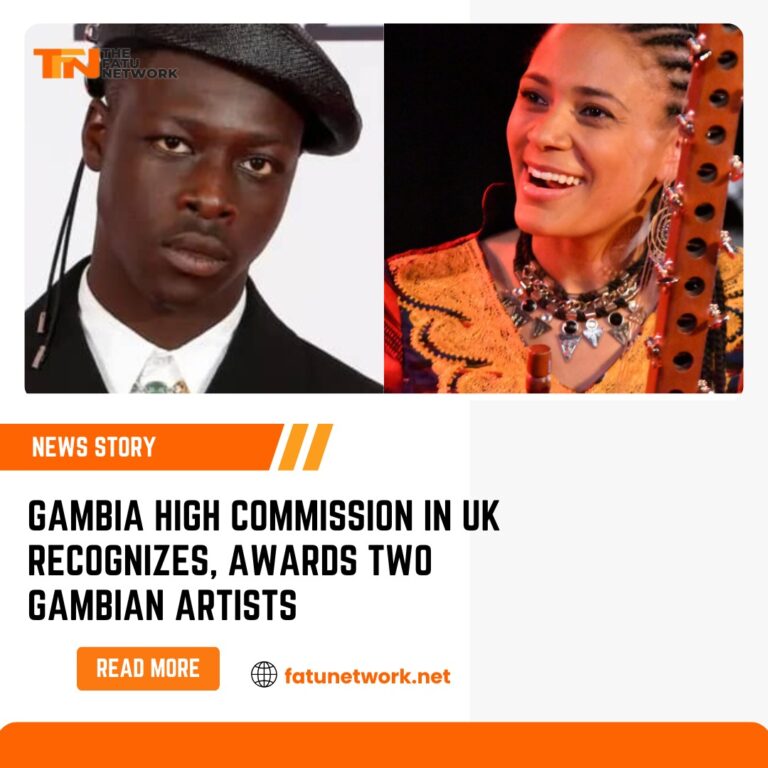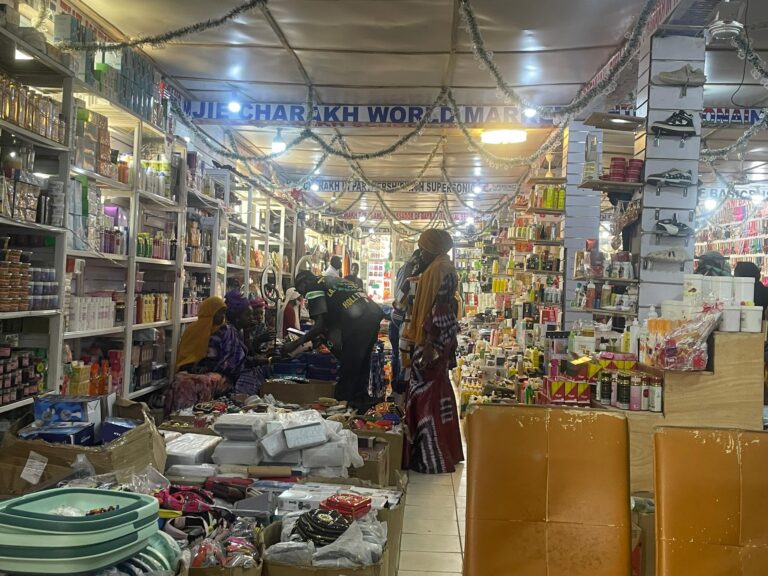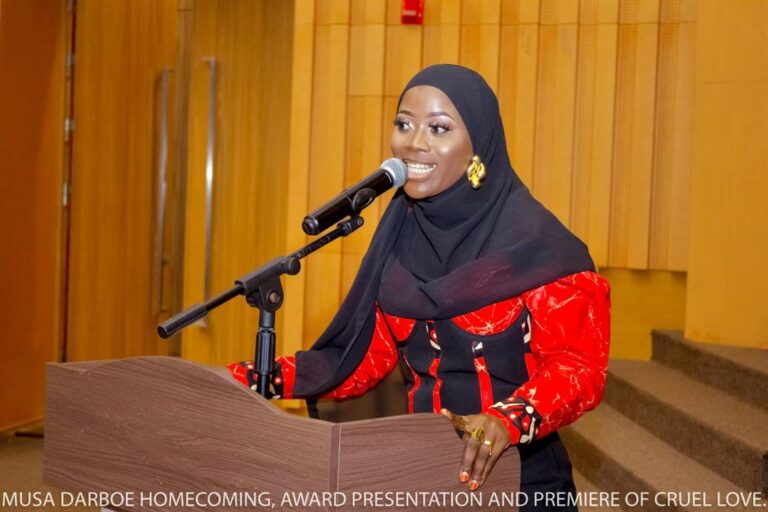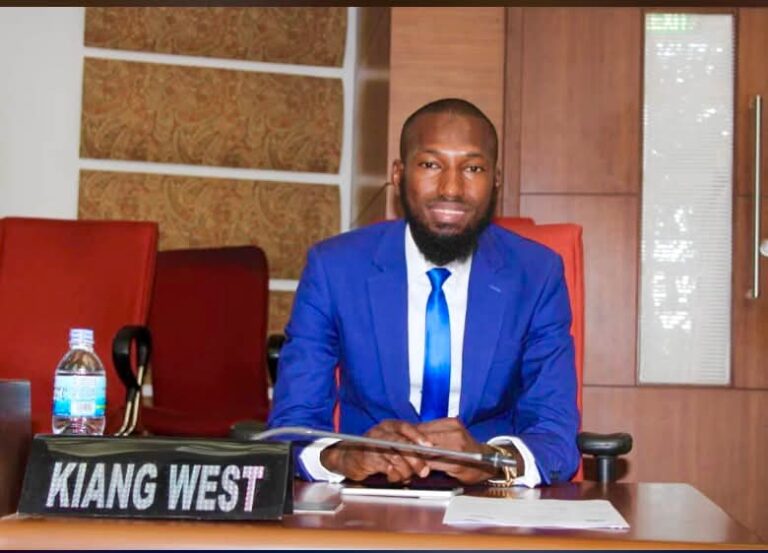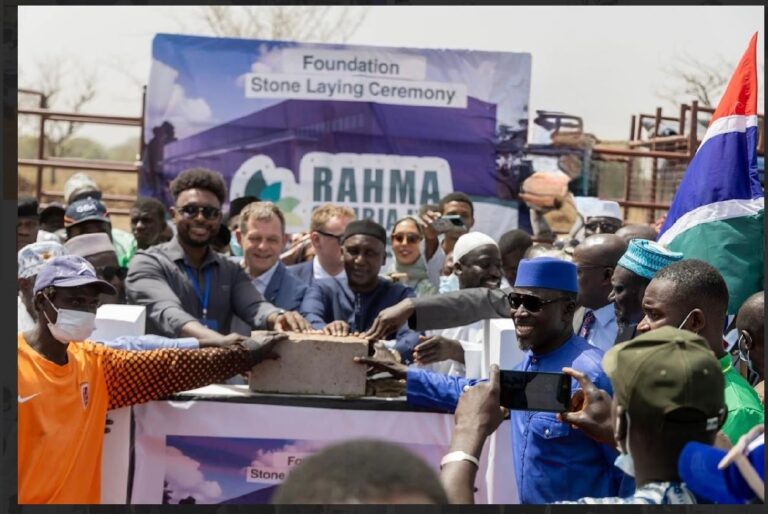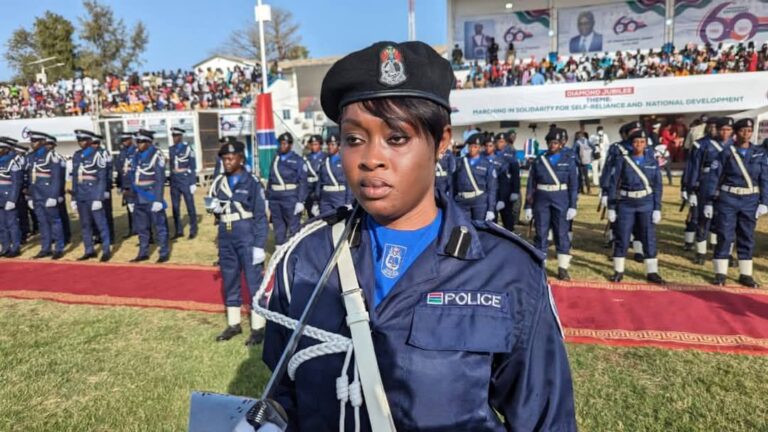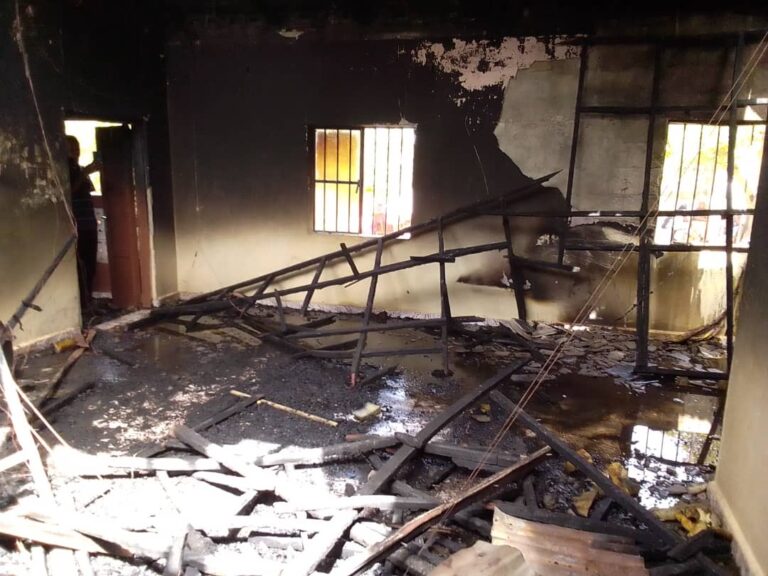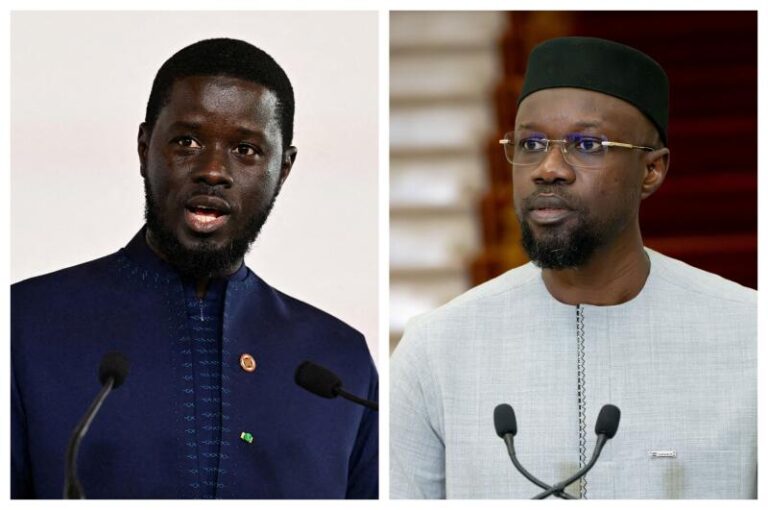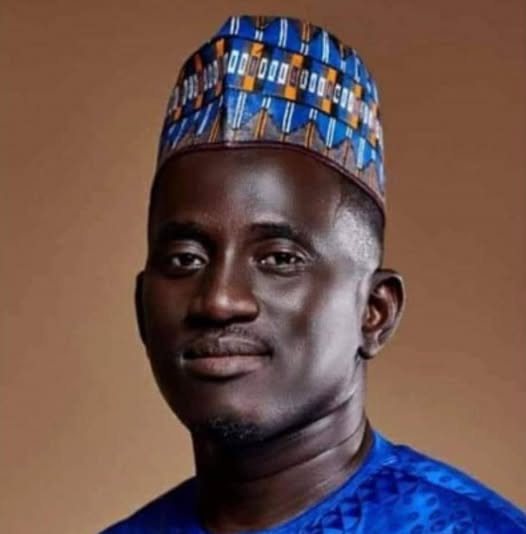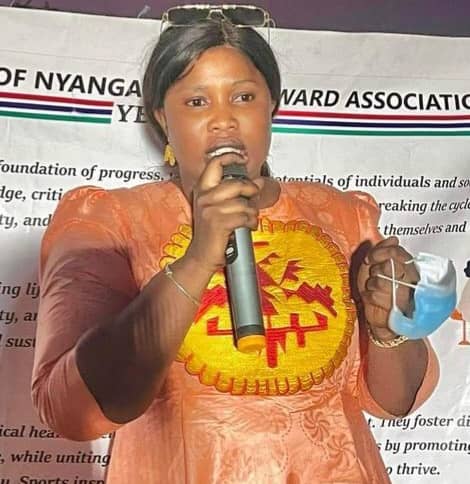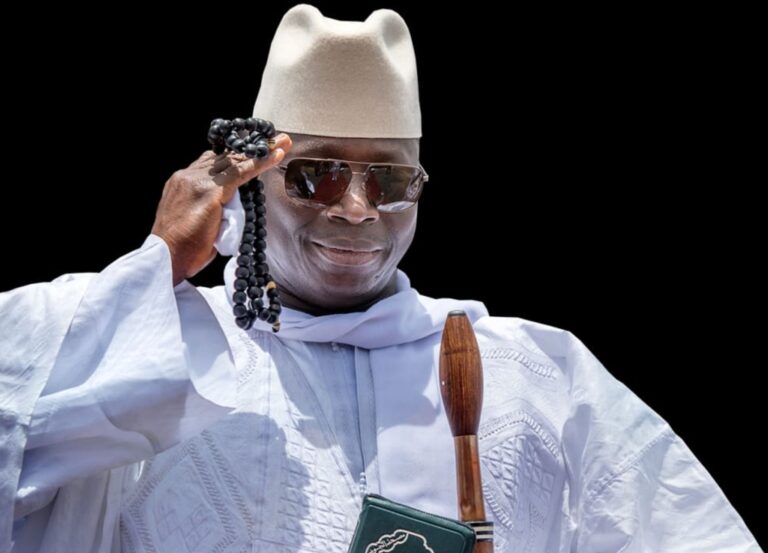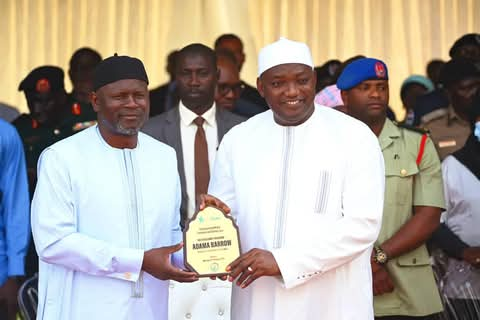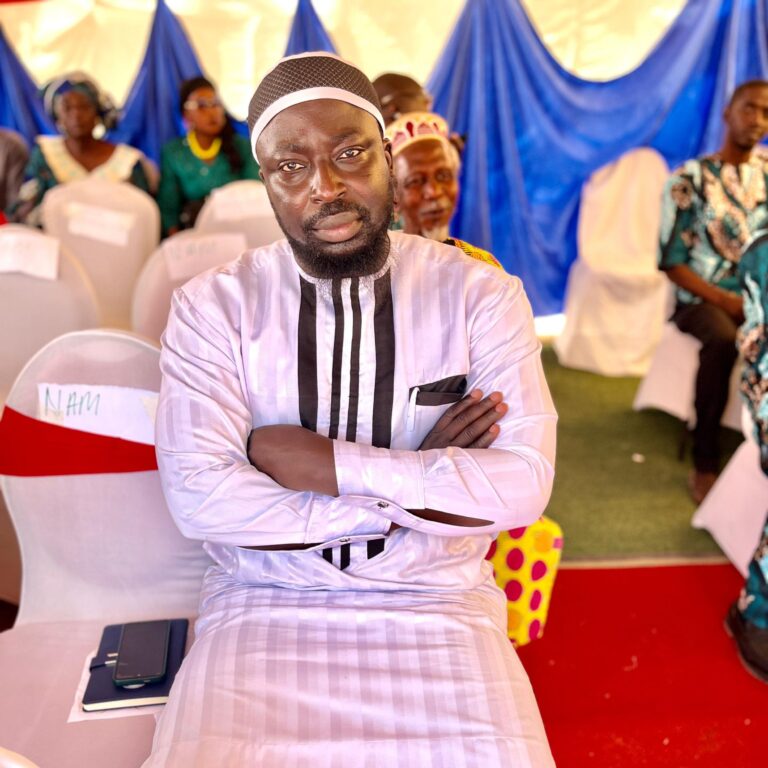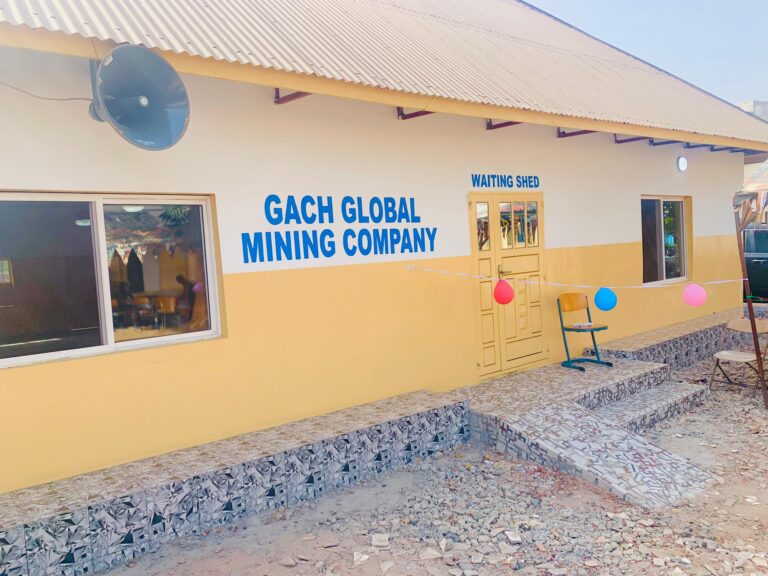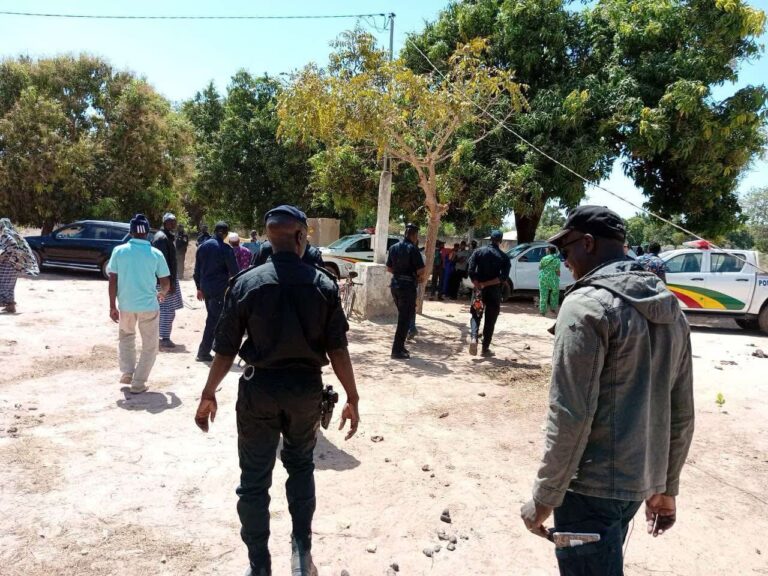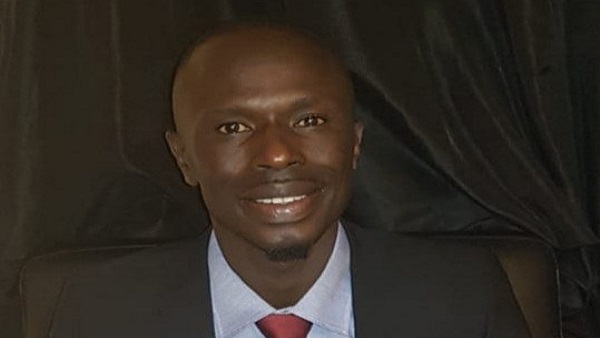By Dawda Baldeh
The Gambian High Commission in the United Kingdom has honoured Sona Jobarteh, a renowned Gambian international singer, and Pa Salieu Gaye, an acclaimed Gambian-British rapper, with prestigious awards.
The awards were presented to these two artists in recognition of their efforts to elevate the profile of their country.
Sona Jobarteh, known for her humanitarian work and music, is celebrated for her song “Gambia,” which has become a symbol of national pride and the promotion of Gambian culture.
Jobarteh has been commended for her influence in nurturing young talent within the country.
She has established a school in The Gambia aimed at preserving the cultural heritage of the kora.
“Their contributions to cultural diplomacy are widely recognized,” stated the High Commission.
Jobarteh, a well-known figure in The Gambia, is undoubtedly a successful artist whose commitment to advancing Gambian culture through music and advocacy is unparalleled.
On the other hand, Pa Salieu Gaye, a rising Gambian rapper making waves in the UK music industry, was also honoured for his contributions.
He has been highlighting his Gambian roots through his performances and gaining acclaim for promoting cultural diplomacy on an international level.
Pa Salieu, who held his inaugural Gambian show in Qcity last year, is viewed as a generational talent, with many lauding him for always promoting Gambia.
The two were invited at the 60th Independence Anniversary Celebrations of The Gambia which took place in London at the Methodist Central Hall, Westminster, organized by The Gambia High Commission in partnership with the Gambia at 60 Steering Committee.

